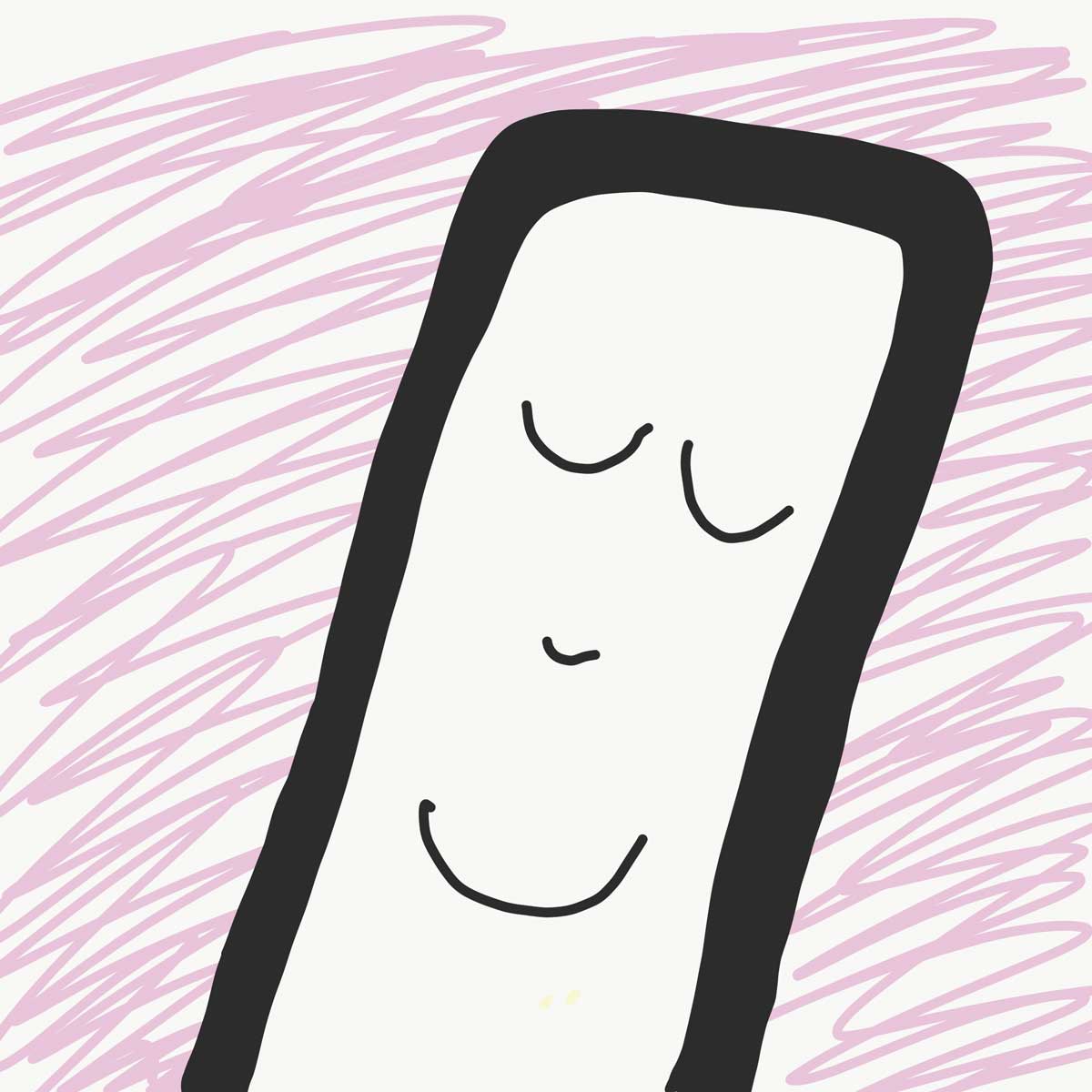For me, social media has been an anxiety-inducing phenomenon for quite a while, especially Twitter, the the platform I use the most. I’m on a mission to understand why that is, and the explanation that resonates most so far is the chemical response we humans have to notifications: when a tweet or post is successful, we get pleasant feeling, a nice hit of dopamine. We come to expect and hope for that result after every interaction, and when an tweet or comment is not as successful, the lack of pleasant feeling results in an unpleasant feeling.
Shocker, right?!
I’m affected by this a lot, and it’s unfortunate. I’d like to share more thoughts on Twitter, but when I tweet something that doesn’t get the same response as previous tweets, the mental anguish is just not worth it. Whatever evil may be going on behind the scenes with Twitter, it’s nonetheless a successful platform for sharing knowledge and making connections, and I love both of those things. I’d like to participate, I just have to figure out how to care less, or figure out a system that removes the qualities that are harmful. The latter seems more feasible.
Whatever evil may be going on behind the scenes, it’s a successful platform for sharing knowledge and making connections, and I love both of those things. I’d like to participate. I just have to figure out how to care less, or figure out a system that removes the qualities that are harmful. The latter seems more feasible.
Controlling notifications on my phone has been a solid step in this direction. There’s still a ways to go in my “tweet regularly without having it impact my well-being” endeavor, but I’ve made some progress regarding notifications, in particular, and would like to share my strategy.
1: Out of sight, out of mind
A potentially obvious tip, but simply putting my phone in a drawer or other room while I’m focusing on something else means I don’t think about it as much. I also removed bookmarks to Twitter and Facebook from my browser. “Out of sign, out of mind” is a real thing.
Again, shocker! But for real – this type of simple solution is not always evident.
Note: I’ve noticed one problem with this technique: when your phone is so out of sight and thus mind, it is quite possible to forget where it is…
2: Turning off “Lock Screen” notifications (except one…err…two…err…)
I decided to try out turning off all “Lock screen” notifications (on the iPhone), including text messages, so there is absolutely no reason to habitually look at my phone. The only downsides to this so far are that a) I am slow to respond to text messages, and b) I often don’t hear about major news events immediately. Actually, are those are downsides?
Okay, there is one notification I still get, and it’s a morbid one: five times per day, the app WeCroak sends me a notification that I’m going to die.
Lol…what? The app is inspired by a Bhutanese folk saying: “to be a happy person, one must contemplate death five times daily”. I learned about it from Recomendo. It’s a little unconventional, but I must say, it’s working – when I’m preoccupied with something trivial and I see that notification, it really puts things into perspective.
Oh wait…I also get calendar notifications so I don’t forget about meetings. And notifications from Caviar and Lyft and those sorts of things. I think that’s it though!
3: Web versions of social media, most of the time
This means it now takes three taps to access Twitter, Facebook, or Instagram on my phone vs. one tap, and notifications are off by default. At one point, it seemed like both Twitter and Facebook started notifying me about other people’s activity on the regular, and at that point, I was like, nope.
I will download Twitter again when I am at a conference – it is an easy way to stay abreast of activities and new contacts. I’ll also download Instagram if I want to post one of my classic, extremely hilarious stories, but as soon as idle feed scrolling morphs into a black hole of social comparison, I delete them. Facebook and Messenger? Those have been web-only for quite a while and not missed, for whatever reason.
4: Do Not Disturb, most of the time
Unless I’m expecting a call from a number that wouldn’t be on my Favorites (closest friends and family are there), then my phone is pretty much always on Do Not Disturb. I get a lot of calls from random numbers for whatever reason, and if it’s a real person that needs to talk to me, they will leave a voicemail.
How about you?
It’s definitely a thing to start paying more mind to how much time we spend on devices and how much control they have over us. Even with all of the usual suspects silenced, I still spend a decent amount of time on my phone looking things up or paying bills while I’m waiting in line for something, but it’s definitely less overall, and certainly less reactive. I check my phone because I decide to, not because a notification told me to.
I’m curious what others have figured out for their anti-notification or minimizing interruption strategies. Please share in the comments, if anything comes to mind!
Relevant Reading
- The Rise of Anti-Notifications by Adrian Zumbrunnen
- Beginning chapters of of Homo Deus, by Yuval Noah Harari
